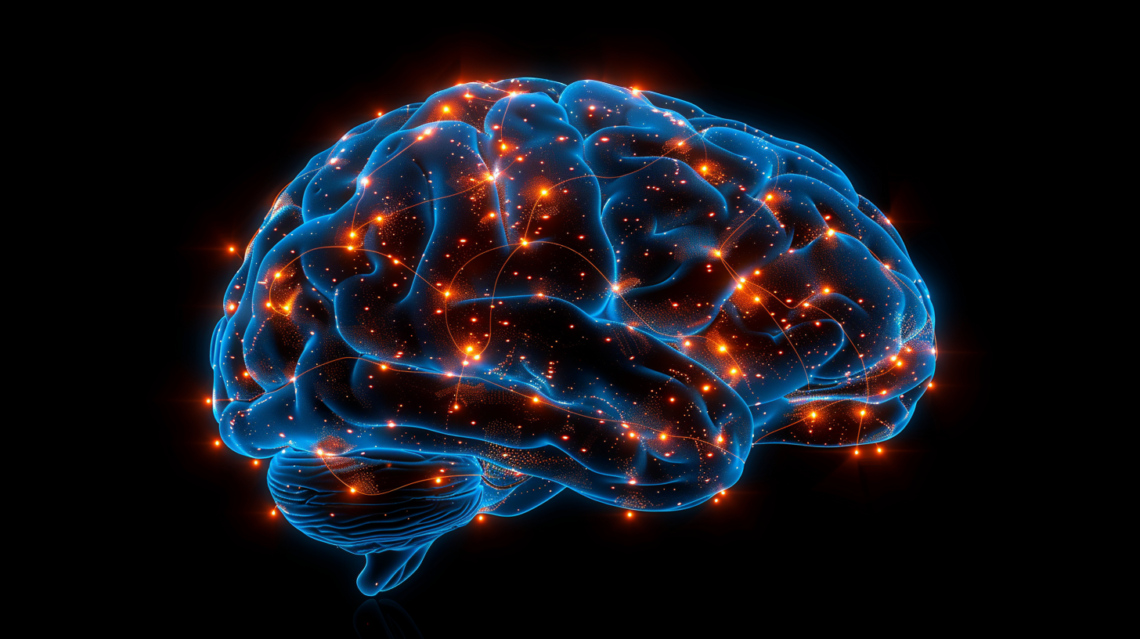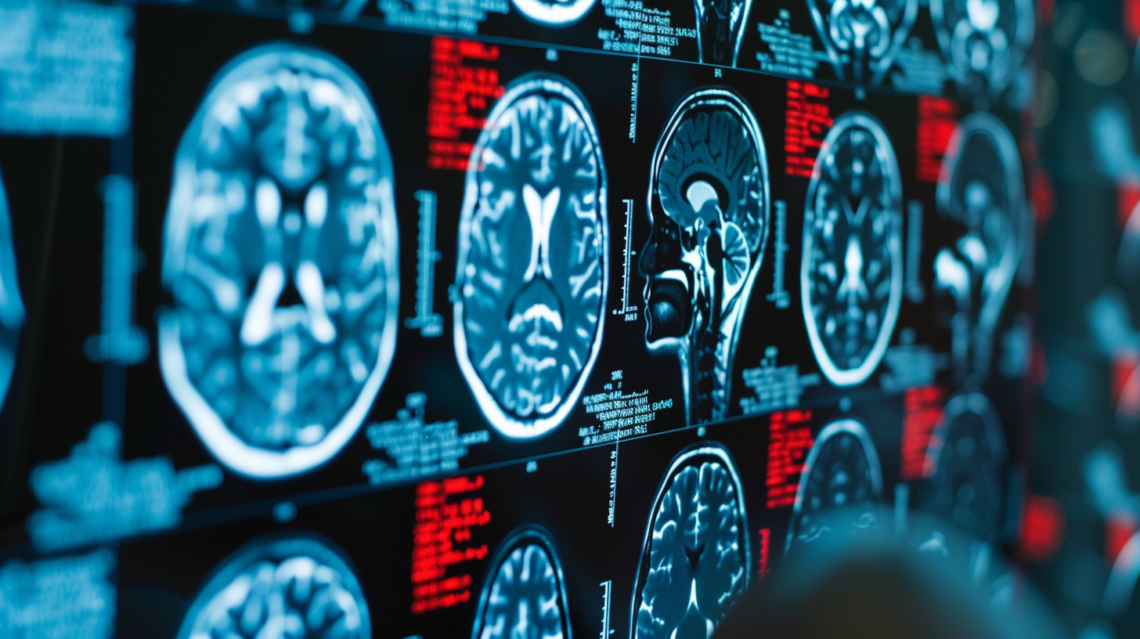-
GERD Trigger Foods and Prevention Strategies
Gastroesophageal Reflux Disease (GERD) is a chronic digestive disorder that affects a significant portion of the population, leading to uncomfortable symptoms such as heartburn, regurgitation, and sometimes even difficulty swallowing. This condition occurs when stomach acid flows back into the esophagus, the tube connecting the mouth and stomach, causing irritation and inflammation. The complexity of GERD lies not only in its symptoms but also in the diverse factors that can exacerbate these discomforts, particularly the role of diet and lifestyle choices. Understanding the foods that trigger GERD and adopting strategies to prevent flare-ups are crucial steps in managing this condition effectively, ensuring individuals can maintain a high quality of life…
-
Pink Shirt Day: Bullying’s Mental Health Focus
Pink Shirt Day, celebrated annually in Canada and across the globe, stands as a vibrant testament to the collective resolve against bullying—a pervasive issue that transcends the confines of playgrounds and permeates schools, workplaces, homes, and the digital realm. Originating from a Canadian act of solidarity when two students, Travis Price and David Shepherd, rallied their peers to don pink shirts in support of a fellow student bullied for wearing pink, the day has evolved into a global movement. It underscores the importance of community action in confronting bullying, advocating for kindness, and fostering environments where respect and empathy prevail. This initiative not only highlights the social and emotional toll…
-
Maximizing Brain Health
Taking care of our brain is crucial for maintaining overall health and wellbeing. A healthy brain not only supports cognitive functions such as memory, attention, and problem-solving but also plays a significant role in regulating emotions and behaviour. There are several lifestyle choices and habits that can promote brain health, enhancing its functionality and potentially reducing the risk of cognitive decline as we age. Nutrition: The Foundation of Brain Health A well-balanced diet is fundamental to brain health. Foods rich in antioxidants, healthy fats, vitamins, and minerals provide the brain with the nutrients it needs to function optimally. Omega-3 fatty acids, found in fish like salmon, mackerel, and sardines, are…
-
Walking: Key to Health & Well-being
Walking, often underestimated in its capacity to foster health, is a cornerstone of preventive medicine. This gentle, yet incredibly effective, form of exercise is universally accessible, requiring no special equipment or environment, making it an ideal starting point for those who want to incorporate more physical activity into their routines. It engages the cardiovascular system, enhancing heart health by improving blood circulation, reducing blood pressure, and lowers the risk of heart disease. Regular walking adjusts the body’s lipid profile by increasing high-density lipoprotein (HDL) cholesterol levels and decreasing low-density lipoprotein (LDL) cholesterol levels, thus playing a pivotal role in managing and preventing type 2 diabetes by regulating blood sugar levels.…
-
Nourishing Your Health by Eating Well
In the whirlwind of our daily lives, where convenience often trumps quality, making informed choices about our meals can seem like a daunting task. Yet, the impact of these choices extends far beyond the momentary satisfaction of taste buds; they are the building blocks of our health and well-being. This guide is designed to demystify the principles of good nutrition, offering you the tools to transform your diet and, by extension, your health. Now let’s delve into the essence of good nutrition, the pitfalls of fast food, and the tangible benefits of having a wholesome diet. Understanding Good Nutrition Good nutrition is about more than just avoiding junk food; it’s…
-
Early Preparation for Springtime Allergies
As we slowly inch closer to spring, many of us look forward to the return of vibrant greenery and the blossoming of flowers. However, this seasonal change also brings with it the onset of spring allergies for a significant number of people. Despite it still being February, now is the ideal time to start preparing for the allergy season that typically kicks off in mid-March and lasts until mid to late June. Understanding and taking steps to mitigate the effects of these allergies early on can greatly enhance comfort and wellbeing during the spring months. Spring allergies, for those unfamiliar, are primarily triggered by pollen from trees, grasses, and weeds.…
-
National Mental Health Nurses Day
Today. February 21st, 2024, Canada marks a significant milestone in the realm of healthcare and mental well-being with the first federally recognized National Mental Health Nurses Day. This landmark occasion, announced by the Canadian Federation of Mental Health Nurses, is not merely a day on the calendar but a profound acknowledgment of the critical role that mental health nurses play in the fabric of healthcare. As custodians of compassion and care, mental health nurses stand at the forefront of confronting and navigating the complexities of mental health challenges, offering a beacon of hope and support for countless individuals across the nation. Mental health nurses in Canada are specialized practitioners who…
-
Concussion Awareness
Concussions are a type of traumatic brain injury that result from a blow to the head or a sudden, violent motion that causes the brain to move within the skull. This movement can lead to temporary loss of normal brain function, affecting cognitive processes, physical abilities, and emotional well-being. Recognizing the signs of a concussion, knowing how to proceed with diagnosis and treatment, and understanding preventive measures are essential for managing this condition effectively. What Part of the Body Concussions Affect Concussions primarily affect the brain, the control center for all bodily functions. The brain is cushioned by cerebrospinal fluid within the skull, but a sudden impact or abrupt movement…
-
Age-Related Macular Degeneration
Age-related macular degeneration (AMD) stands as a formidable challenge in the realm of ocular health, particularly affecting those beyond the age of 60. This condition has emerged as the principal culprit behind poor vision in this demographic, accounting for an astonishing 90% of new cases of legal blindness within Canada. Understanding AMD necessitates a closer examination of the macula, a diminutive yet crucial area nestled at the centre of the retina. This part of the eye is paramount for our ability to discern fine details with clarity, facilitating everyday activities such as reading, driving, and recognizing faces. AMD is characterized by the degradation or malfunction of the “seeing cells” within…
-
International Childhood Cancer Day
International Childhood Cancer Day, observed globally on February 15th each year, plays a pivotal role in amplifying awareness around the critical issue of childhood cancer. It’s a day earmarked for disseminating vital information, rallying support for the young warriors battling this daunting disease, and extending a hand of solidarity to the families navigating this challenging journey alongside their children. The essence of this day lies in its concerted efforts to underscore the imperative need for equitable, enhanced access to treatment and care for children afflicted with cancer across the globe, aiming to bridge disparities and foster a more inclusive health ecosystem. The significance of International Childhood Cancer Day cannot be…









